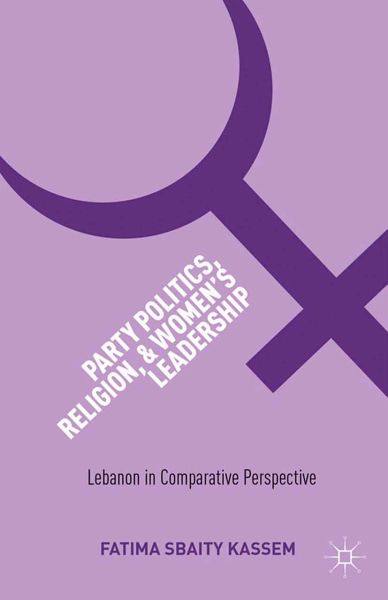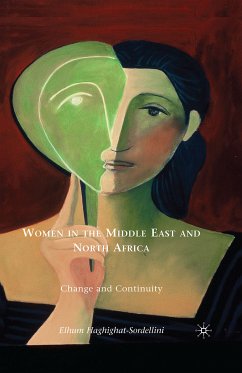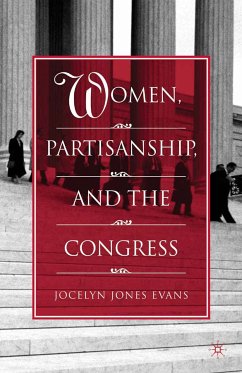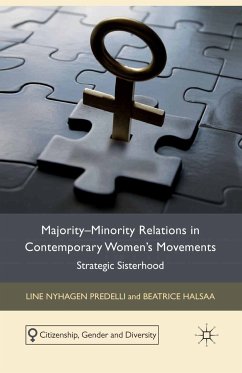
Party Politics, Religion, and Women's Leadership (eBook, PDF)
Lebanon in Comparative Perspective
Versandkostenfrei!
Sofort per Download lieferbar
40,95 €
inkl. MwSt.
Weitere Ausgaben:

PAYBACK Punkte
20 °P sammeln!
Exploring the interlinkages of political parties, religiosity, and women's leadership and nominations to public office, this book argues that as party religiosity increases, women's chances of assuming leadership positions fall. Combining qualitative and quantitative methods, it advances a new theory of party variation in religiosity.
Dieser Download kann aus rechtlichen Gründen nur mit Rechnungsadresse in A, B, BG, CY, CZ, D, DK, EW, E, FIN, F, GR, HR, H, IRL, I, LT, L, LR, M, NL, PL, P, R, S, SLO, SK ausgeliefert werden.












